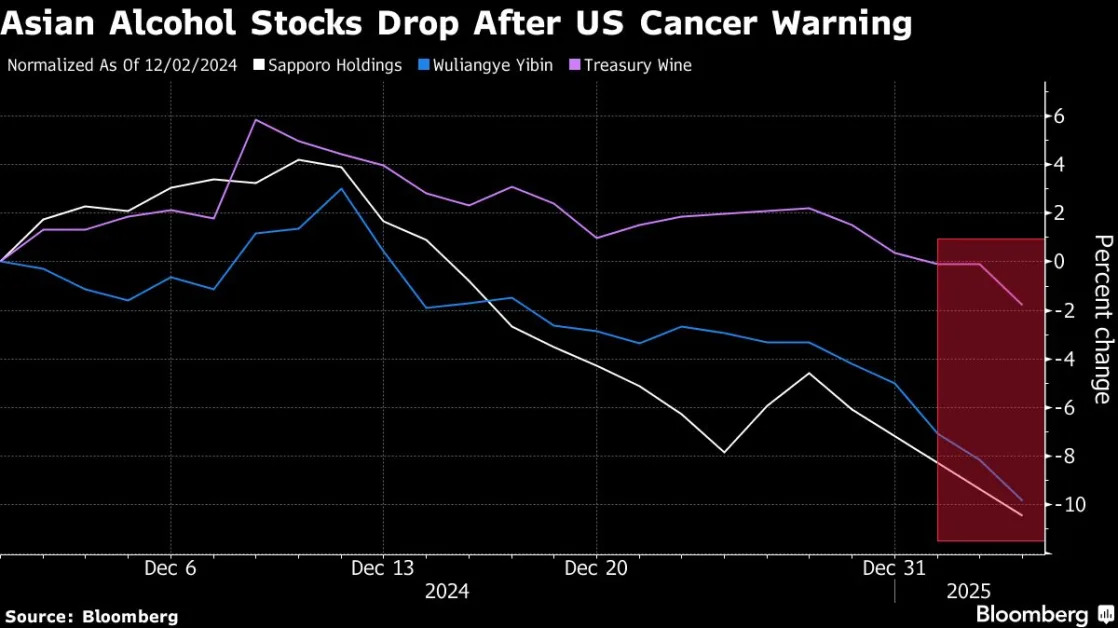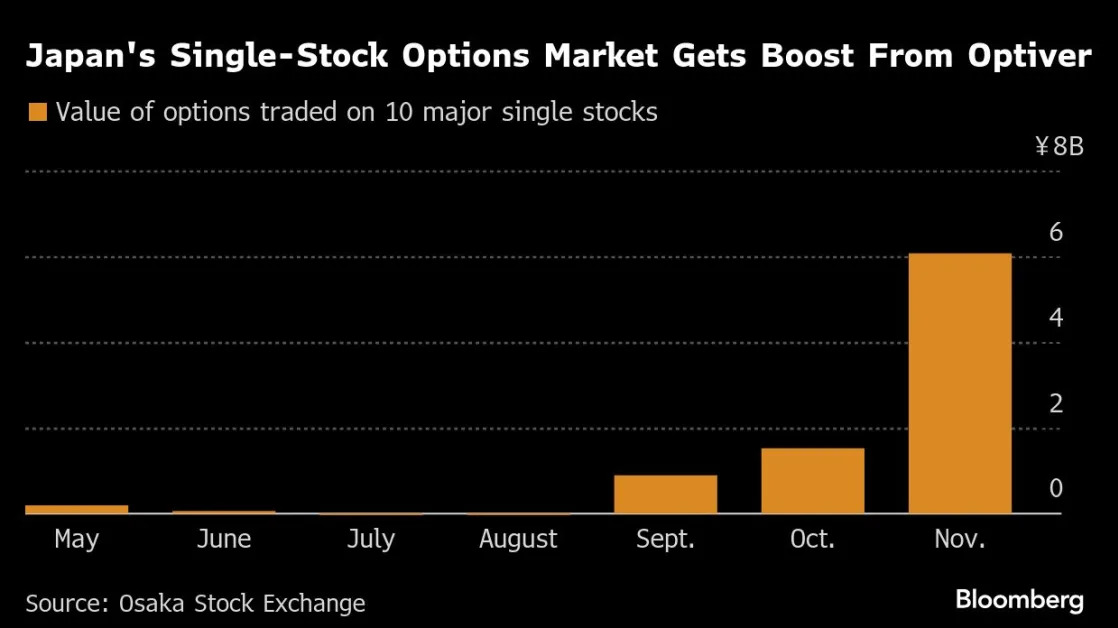By Lisa Pauline Mattackal and Purvi Agarwal
(Reuters) - Wall Street's main indexes dropped on Wednesday after data showed the economy contracted for the first time in three years in the first quarter, deepening concerns around the impact of U.S. tariffs and the global trade war.
Private payrolls growth also slowed more than expected in April, while the personal consumption expenditure index - the Federal Reserve's preferred inflation gauge - rose slightly more than expected in March on an annual basis.
Wednesday's reports join a series of data releases over the month that have pointed to an increasingly uncertain outlook for the U.S. economy, as the fallout from the Trump administration's steep tariffs and erratic trade policy take effect.
"Given the amount of damage that's been done to businesses (and) consumer confidence, we could just be getting started on seeing a continuation of these weaker numbers," said John Luke Tyner, portfolio manager at Aptus Capital Advisors.
U.S. consumer spending jumped last month as households rushed to buy motor vehicles to avoid higher prices and shortages due to tariffs.
Traders are now pricing in a full percentage point interest rate cut by the end of the year from the Fed.
Caterpillar declined marginally, after gaining premarket following its quarterly results.
At 10:03 a.m. ET, the Dow Jones Industrial Average fell 699.90 points, or 1.73%, to 39,827.72, the S&P 500 lost 113.47 points, or 2.04%, to 5,447.36 and the Nasdaq Composite lost 449.75 points, or 2.58%, to 17,011.57.
All S&P 500 sectors were in the red, with consumer discretionary and information technology shares down 3.6% and 2.3%, respectively.
The CBOE Volatility index, seen as Wall Street's fear gauge, was up 3.53 points at 27.69, its highest in nearly a week.
"Magnificent Seven" members Meta Platforms and Microsoft fell 2% and 3% ahead of their results, due after markets close, that investors are watching closely for clarity on the outlook for the tech sector and AI-focused investments.
Fanning concerns about a pullback in investments into AI, Super Micro Computer cut its third-quarter forecasts due to delays in customer spending, while Snapchat parent Snap said it would not provide a second-quarter financial forecast.
Their shares fell more than 16% each.
Wall Street's indexes recouped some ground this month after a sharp slump following the April 2 "Liberation Day" tariff announcements, but are set for monthly declines.
The S&P 500 is set to snap its best winning streak since November if losses hold through close.
Wednesday also marks 100 days since Trump took office. Erratic changes in trade policies and uncertainty have roiled markets over that period, offsetting initial optimism over the administration's business-friendly policies.
"If you were looking for a playbook on how to slow a healthy economy, (policy changes) seem like a good example," said Scott Helfstein, head of investment strategy at Global X.
Among other stocks, Norwegian Cruise Line Holdings tumbled 10% after missing first-quarter earnings estimates.
Declining issues outnumbered advancers by a 7.61-to-1 ratio on the NYSE and by a 4.77-to-1 ratio on the Nasdaq.
The S&P 500 posted 2 new 52-week highs and 3 new lows while the Nasdaq Composite recorded 14 new highs and 57 new lows.





